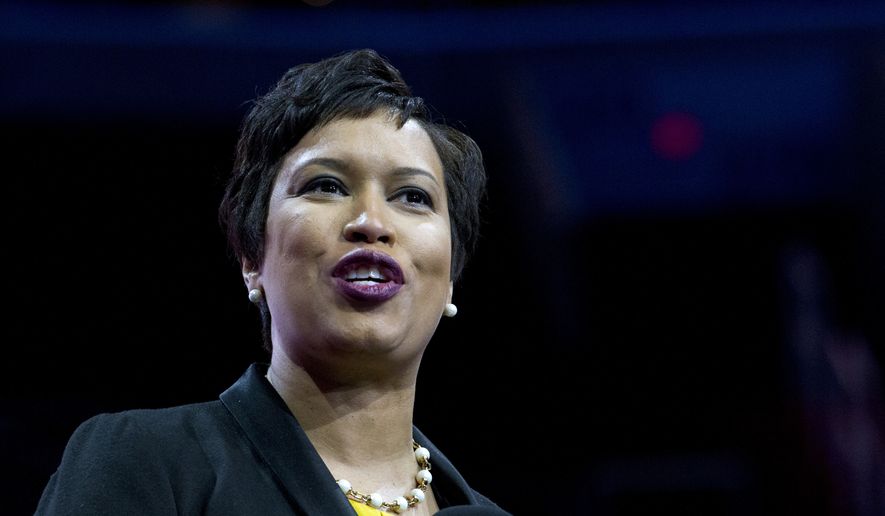The D.C. Council has high hopes for affordable housing, directing $217.4 million of it $14.4 billion fiscal 2019 budget to various housing programs.
However, a new report from the anti-poverty think tank D.C. Fiscal Policy Institute says the city’s plan for affordable housing “falls short.”
The institute’s report on Wednesday applauded the council allocating $15.6 million more for affordable housing than Mayor Muriel Bowser had requested. But it said the sum “does not come close to meeting the full need in a city where 27,000 extremely low-income residents — those with incomes below 30 percent of the area median, or $33,000 for a family of four — face severe rent burden.”
For example, the council is continuing its four-year tradition of setting aside $100 million for the Housing Production Trust Fund, which grants low-interest loans for developing affordable housing and helps poor residents to buy or maintain homes. Yet “given rising land and construction costs, this investment will support fewer units than in previous years,” housing policy expert Claire Zippel says in the report.
A spokesman for councilmember Anita Bonds, at-large Democrat and chair of the Housing Committee, told The Washington Times that the lawmaker applauds the spirit of the new budget but wants “to see the District’s budget for affordable housing reach $1 billion in the near future.”
Officials estimate the Housing Production Trust Fund could help create between 752 and 957 units of affordable housing.
Yesim Sayin Taylor, director of the nonpartisan think tank D.C. Policy Center, told The Times that’s good, but “the most important solution to affordable housing crises (while keeping the city vibrant) is to build more, and build as densely as possible.”
The District has long faced a housing affordability crisis as the city continues to develop beyond what many residents can afford. Today, the average rent for a one-bedroom apartment in the city is $1,957 per month, according to RentCafe, which tracks housing rental rates over time.
The District also has struggled with homelessness, with 6,904 people currently listed as homeless, according to annual Point of Time head count conducted in January. Although there was a 21 percent decline in homeless families compared to last year, the number of homeless individuals increased by 5.2 percent since 2017.
Meanwhile, D.C. Auditor Kathy Patterson has issued recommendations for the Housing Production Trust Fund, reporting in a March audit that the Department of Housing and Community Development (DHCD), which manages the fund, had wasted millions of dollars and kept lax records on loan repayments.
In response to her audit, the council now is requiring the department to maintain a more thorough database of loans and submit regular quarterly reports.
“The council’s actions to add reporting requirements can strengthen council oversight of this critical program, and improve transparency for the community as well,” Mrs. Patterson told The Times on Tuesday after lawmakers had approved the budget. “We look forward to the additional staffing that DHCD has promised to improve management of the program.”
Housing advocates did applaud the 2019 budget for its investment in the Local Rent Supplement Program, which grants rental subsidies to the city’s lowest income residents. The council gave $4.75 million more in funding than last fiscal year’s budget, which Ms. Zippel noted is “the largest increase for project-based LRSP since the FY 2014 budget.”
• Julia Airey can be reached at jairey@washingtontimes.com.




Please read our comment policy before commenting.